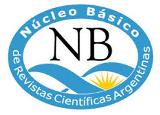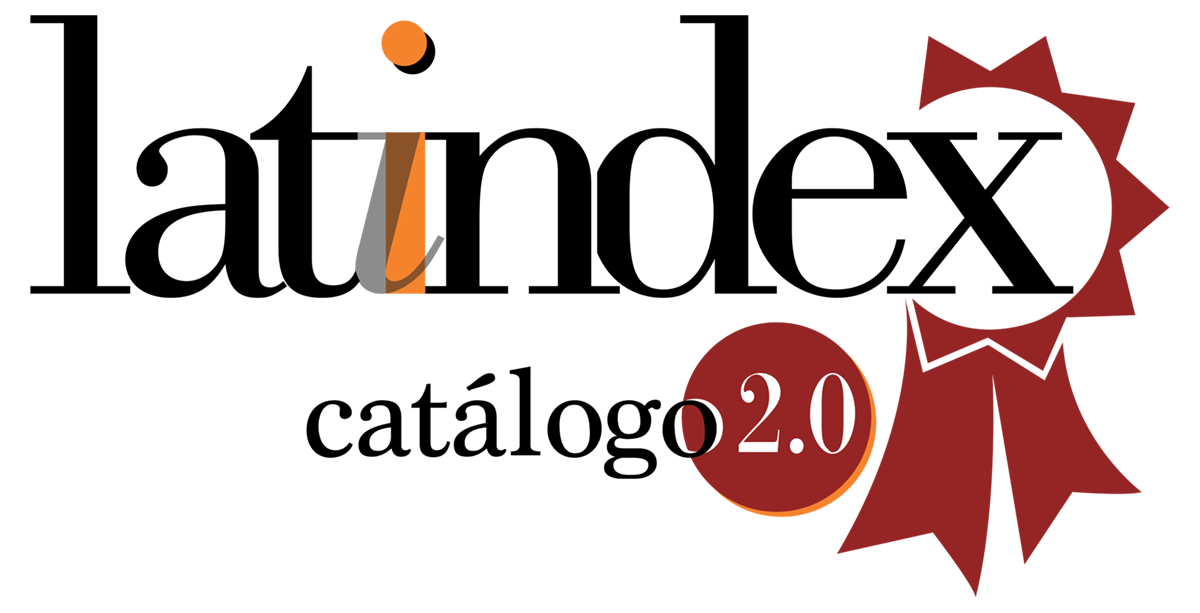From the revealed truth to the flat. The reading of La Prensa on the final crisis of the government of Arturo Frondizi
Keywords:
La Prensa, Arturo Frondizi, 1962 coupAbstract
Throughout the history of the twentieth century in Argentina, the military broke the constitutional order several times. The ways in which the military sectors were gaining momentum for policy intervention and the different situations in which social alignments were produced have been supported in different ways by the various spaces for training of social discourse. Of the various processes that have given these frames in which the political and the social are combined, one of the most neglected part of the historiography is that in March 1962 ended with the deposition by domes of the military, of President Arturo Frondizi. As a way to contribute to the knowledge of a part of this complex dynamic, this paper aims to review the concepts that guided the daily La Prensa, of Buenos Aires, in reading lack of institutional stability. To do this, the dominant topics in the text of the editorials of the newspaper are reviewed, while the conceptual bases are compared with the tenor of informative notes.Downloads
Downloads
Published
How to Cite
Issue
Section
License
The acceptance of an original by the journal implies the non-exclusive transfer of the economic rights of the authors in favor of the editor, who allows reuse, after editing (postprint), under a Creative Commons Attribution License -NonCommercial-ShareAlike 4.0 International (CC BY-NC-SA 4.0)
In accordance with these terms, the material can be shared (copied and redistributed in any medium or format) and adapted (remixed, transformed and created from the material another work), provided that a) the authorship and original source of its publication (magazine and URL of the work), b) is not used for commercial purposes and c) the same license terms are maintained.
The transfer of non-exclusive rights implies that after its publication (postprint) in Cuadernos de H ideas the authors can publish their work in any language, medium and format; in such cases, it is requested that it be stated that the material was originally published in this journal.
Such assignment also implies the authorization of the authors for the work to be harvested by SEDICI, the institutional repository of the National University of La Plata, and be disseminated in the databases that the editorial team considers appropriate for increase the visibility of the publication and its authors.
Likewise, the journal encourages the authors so that after their publication in Cuadernos de H ideas they deposit their productions in other institutional and thematic repositories, under the principle that offering society scientific and academic production without restrictions contributes to a greater exchange of global knowledge.










.png)

























